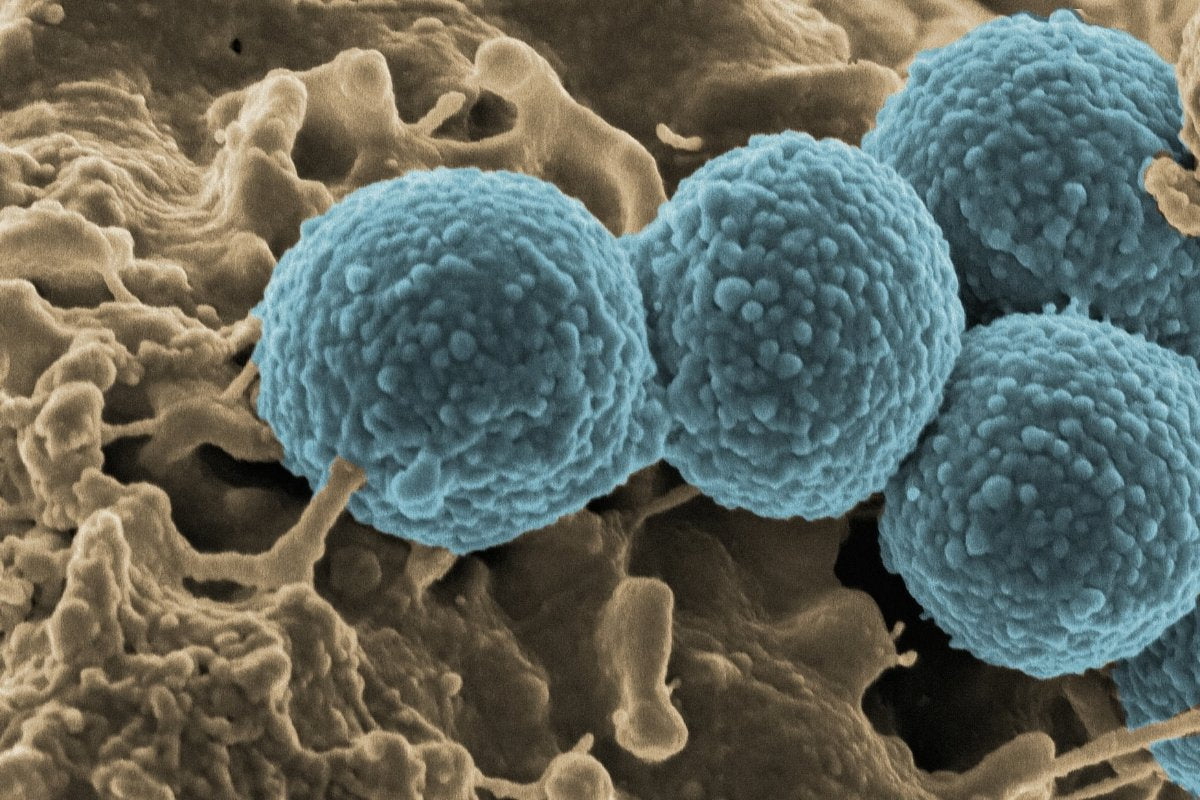How deep sleep influences skin regeneration

Sleep is not just about resting the mind; it is also a time for cell regeneration. The skin uses deep sleep to repair, rebuild, and strengthen itself. In this article, I explain how sleep helps repair the skin barrier, stimulate collagen production, and improve the skin's appearance. I also share practical tips for optimizing sleep hygiene and maximizing its benefits for your skin.
Why is sleep key for the skin?
Getting the right amount of sleep is essential for healthy skin for several reasons.
1. Repairing the skin barrier
The skin's mission during the day is to protect us from the sun, pollution, toxins, and microorganisms. This cumulative demand requires an adequate recovery period. Scientific evidence shows that prolonged sleep deprivation can compromise the integrity of the epidermal barrier, increase transepidermal water loss (TEWL), and delay recovery of the skin from external aggressions.
A clinical study revealed that people who consistently sleep well have 30% more effective barrier recovery after chemical exposure and lower basal TEWL.
It has also been observed that sleeping less for several consecutive days (for example, only four hours of sleep per night for six nights) reduces hydration, worsens texture, and decreases skin elasticity.
Another finding suggests that lack of sleep can alter skin circadian rhythms and cause an imbalance in the surface microbiota, which affects barrier function.
In summary, skin with an intact barrier retains moisture better, resists irritation, and maintains a protective barrier against pollutants. Good sleep facilitates this repair night after night.
2. Collagen stimulation and tissue renewal
Collagen is one of the pillars of youthful skin. It is responsible for the skin's firmness, elasticity, and structure. However, collagen production decreases progressively with age and is accelerated by factors such as sun exposure, smoking, and stress.
When we sleep well, the release of growth hormone, which is very active during the deep stages of sleep, stimulates collagen synthesis and promotes tissue repair processes.
Conversely, sleep deprivation increases cortisol levels. Cortisol is a stress hormone that can degrade structural proteins, such as collagen, and induce chronic inflammation.
In fact, a recent study concluded that sleep deprivation accelerates skin aging and directly reduces collagen production. People who sleep well reap more benefits from collagen supplements.
Additionally, melatonin, a key sleep hormone, has antioxidant properties. It inhibits the production of reactive oxygen species (ROS) and modulates collagen-degrading enzymes, such as metalloproteinases. These effects contribute to firmer skin that is less prone to sagging or premature wrinkles.
3. Improved overall appearance: radiance, tone, and texture
When you sleep well, several positive side effects emerge:
- Renewed blood flow: During sleep, skin circulation improves, bringing more oxygen and nutrients to the cells.
- Waste elimination: DNA repair and the elimination of free radicals accumulated during the day are optimized.
- Less inflammation: Lowering cortisol and reducing oxidative stress, redness, breakouts, and sensitivity are reduced.
- Improved perception of beauty: In studies, people who slept adequately recognized that they looked more attractive and had a better overall appearance.
In fact, measurable changes in hydration, texture, and elasticity, as well as increased transepidermal water loss, have been observed after nights of restricted sleep. These changes result in a dull, dry complexion with visible signs of fatigue.
As you can see, looking fresh and healthy in the morning is not a coincidence. It is the result of the deep restoration that takes place when we sleep well.
Tips for optimizing your sleep hygiene and improving your skin
For your skin to take full advantage of the "repair mode" at night, you need quality sleep, not just a lot of it. Here are some practical, science-backed strategies:
Establish a routine with a fixed schedule
Going to bed and waking up at the same time regulates your biological clock (circadian rhythm) and promotes deeper sleep cycles. Avoid getting used to variable schedules.
Create an environment conducive to sleep
- Total darkness or blackout curtains (light inhibits melatonin).
- Cool temperature (around 18-20ºC).
- Clean bedding, allergen control, and a good mattress.
- Avoid screens (cell phones, tablets, TV) for at least 60 minutes before bedtime.
Control stimulation before bedtime
- Avoid caffeine and heavy meals at least three to four hours before going to sleep.
- Although moderate alcohol consumption induces sleep, it impairs the deep stages.
- Incorporate relaxing habits, such as light reading, breathing exercises, or meditation.
Natural supplements and aids (used judiciously)
- Oral melatonin has been shown to restore functions altered by lack of sleep.
- Prioritize foods rich in tryptophan or antioxidants at night.
- Avoid excessive blue light (screens, LED lights) at night, as it interferes with the skin's circadian rhythms.
Be mindful of your sleeping position and reduce friction
Sleeping on your back can minimize pressure and compression wrinkles, as opposed to sleeping on your stomach or side. Some dermatologists even suggest using satin or silk pillowcases to alleviate facial friction.
Listen to your body
If you wake up too early or don't enter deep sleep phases, consider relaxation techniques, stress assessment, or consulting a sleep specialist.
Invest in your sleep. Your skin will thank you
Deep sleep is not a luxury; it is a powerful regenerative tool. It repairs the skin barrier, stimulates collagen production, modulates inflammation, and allows your skin to look renewed at dawn. Interrupted nights lead to a lack of skin firmness, uneven texture, dehydration, and premature signs of aging in the medium term.
Conscious sleep hygiene, such as maintaining regular schedules, creating a dark environment, and reducing nighttime stimuli, is as essential as your daily cosmetic routine. Prioritizing your rest nourishes your skin from the inside out.
Do you find this approach useful? If so, I would love for you to share this article with someone who appreciates deep skin care as much as you do. In this blog, we will continue to publish new articles on healthy habits for a better appearance and greater vitality.
Antonio López, Hecary co-founder



